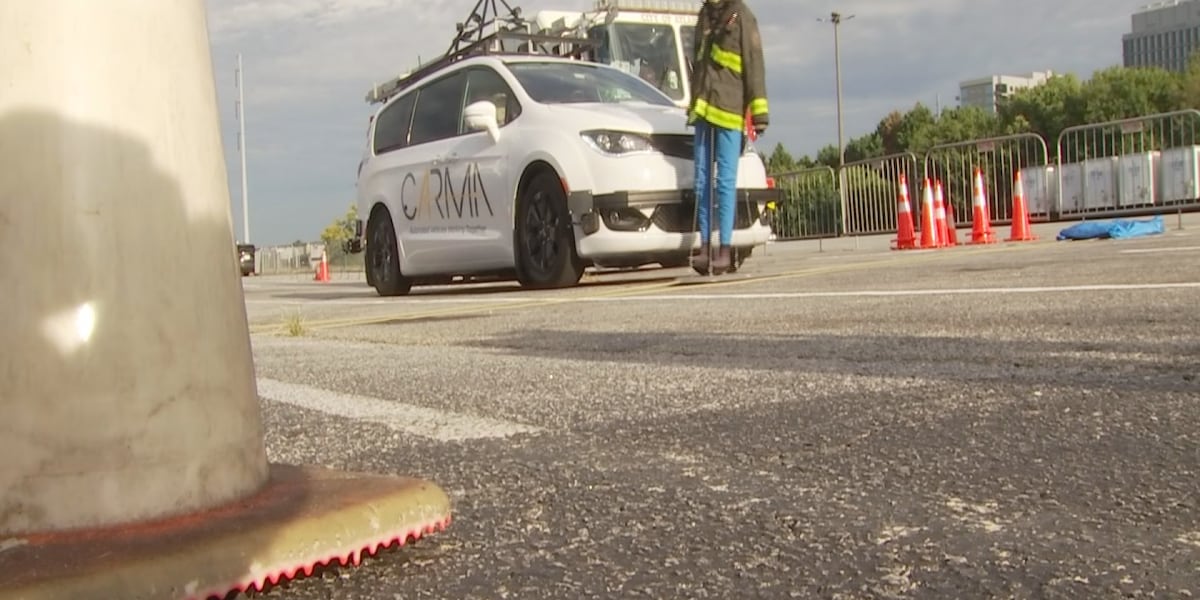Lenovo's AI Shield: New Deepfake Detection Tech Battles the Rise of AI-Powered Threats

Artificial intelligence (AI) is rapidly transforming our world, powering everything from cutting-edge applications like DeepSeek to the burgeoning market of AI PCs and edge AI devices. This proliferation of AI brings incredible opportunities, but also a darker side: the rise of sophisticated AI-powered threats. One of the most concerning is the increasing prevalence and realism of deepfakes – manipulated videos and audio designed to deceive and mislead.
Recognising this growing challenge, Lenovo has unveiled a groundbreaking deepfake detection technology, marking a significant step in safeguarding the integrity of AI-driven systems and protecting users from malicious manipulation. This isn't just about protecting AI; it's about protecting us from the potential harms of increasingly convincing synthetic media.
The Deepfake Dilemma: Why It Matters
Deepfakes are becoming alarmingly difficult to distinguish from reality. Advanced algorithms can now convincingly swap faces, alter voices, and even create entirely fabricated events. The implications are far-reaching, impacting everything from political discourse and business reputation to personal safety and national security. Imagine the damage a realistic deepfake video of a CEO making damaging statements could inflict, or the potential for misinformation campaigns fueled by AI-generated content.
Lenovo's Solution: A Multi-Layered Approach
Lenovo's new deepfake detection technology isn't a single solution, but rather a layered approach designed to identify and flag potentially manipulated content. While specific technical details remain proprietary, Lenovo has outlined several key aspects:
- Advanced AI Analysis: The technology utilises its own AI models trained on vast datasets of both real and synthetic media to analyse subtle anomalies and inconsistencies often missed by the human eye.
- Facial Recognition and Biometric Analysis: It scrutinizes facial movements, expressions, and other biometric markers to detect irregularities indicative of manipulation.
- Audio Analysis: Beyond visuals, the system can detect synthetic audio cues and inconsistencies in speech patterns.
- Contextual Analysis: The technology considers the broader context of the content, cross-referencing information with external data sources to identify potential red flags.
Integration and Future Applications
Lenovo plans to integrate this deepfake detection technology across its range of devices, particularly AI PCs and enterprise solutions. This proactive approach aims to provide users with real-time protection against deceptive content. Potential applications extend beyond personal devices, including:
- News Verification: Assisting journalists and fact-checkers in verifying the authenticity of news footage and audio recordings.
- Social Media Platforms: Helping platforms identify and flag potentially harmful deepfakes before they spread.
- Cybersecurity: Detecting and preventing deepfake-based phishing attacks and other fraudulent activities.
A Race Against the Machines
Lenovo’s announcement highlights the escalating arms race between AI developers and those seeking to exploit AI for malicious purposes. As AI capabilities continue to advance, so too must our defenses. This innovative deepfake detection technology is a crucial step in ensuring that AI remains a force for good, rather than a tool for deception and harm. The fight against deepfakes is ongoing, and Lenovo's contribution demonstrates a commitment to safeguarding the future of a trustworthy digital landscape. It’s a proactive measure that is vital in an era where seeing is no longer believing.





